Idea by
Filip Mikić
Call for ideas 2016
Fatal error: you need to restart your system
Fatal error: you need to restart your system

Architecture of cities has always been a reflection of culture in which it developed. Various influences such as politics, economics, ideology, religion and ethics have been creators of city forms over the time. Every architect has been trying to incorporate all of these influences in one coherent structure, in a way that will satisfy all of its consumers. Basically, it was a pursuit towards perfect, but in fact was an optimization with certain criteria Problems occur when criteria for optimal are not well defined, due to various interests between individuals and over time. Different optimizations of urban models that were aiming to satisfy all predictable problems generated different unpredictable issues. This is a consequence of different cultural influences that planer incorporates in methodology of projecting as a part of own experience but also subconsciousness. Cities that were created by criteria of one culture were producing effects that became problematic in the same culture.
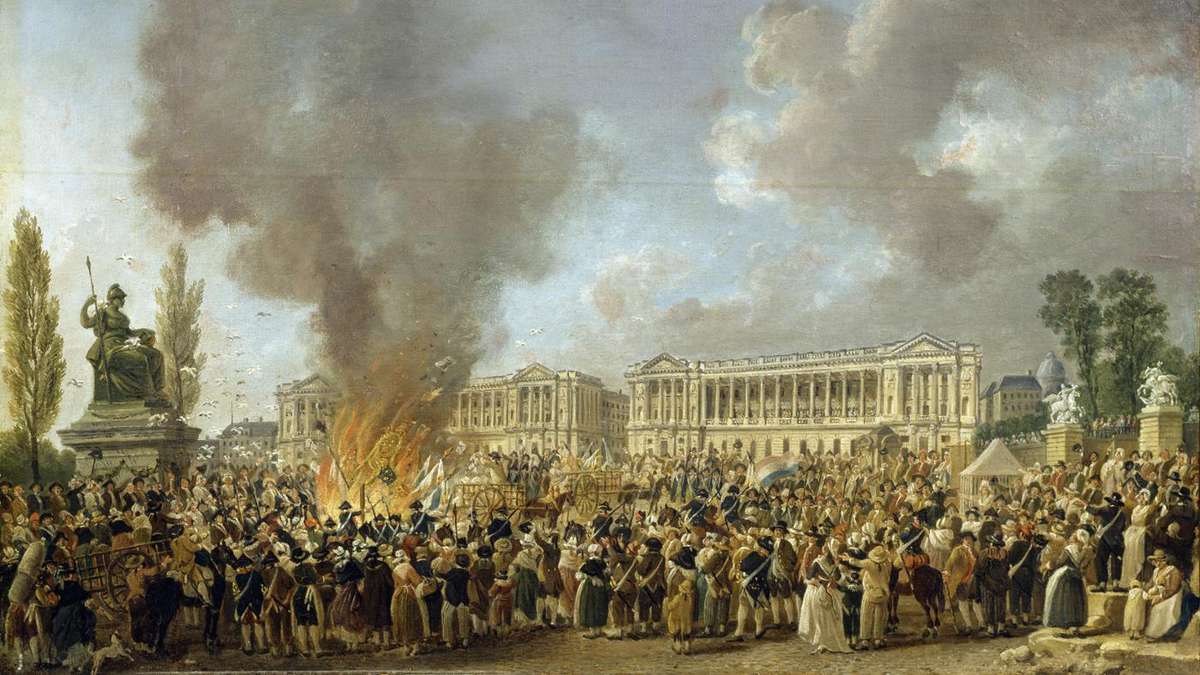
A good example is the difference between European and oriental city matrix in creating public spaces. European model based on humanist culture, which was trying to create space that will enable mass gathering of people and therefore exchange of ideas led to unpredictable "errors" in certain points of time, which we now know as revolutions.
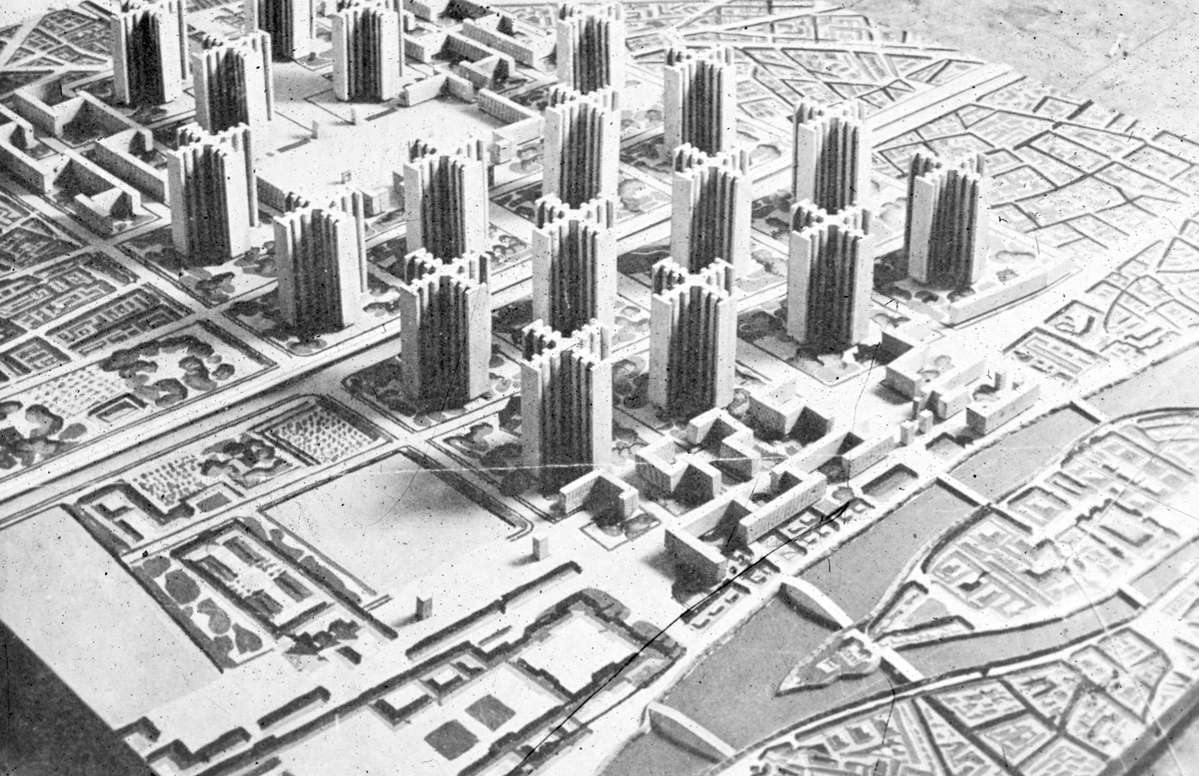
Similar premise was introduced by Le Corbusier: 'Architecture or revolution'. Idea was to create a concept that was beyond any national culture, but was based on needs of individuals. This was suppose to be a solution for social disturbances between the wars, but eventually led to World War II. It was not obvious at the time that this idea was also an optimization, but with cultural influences no longer being a criteria.
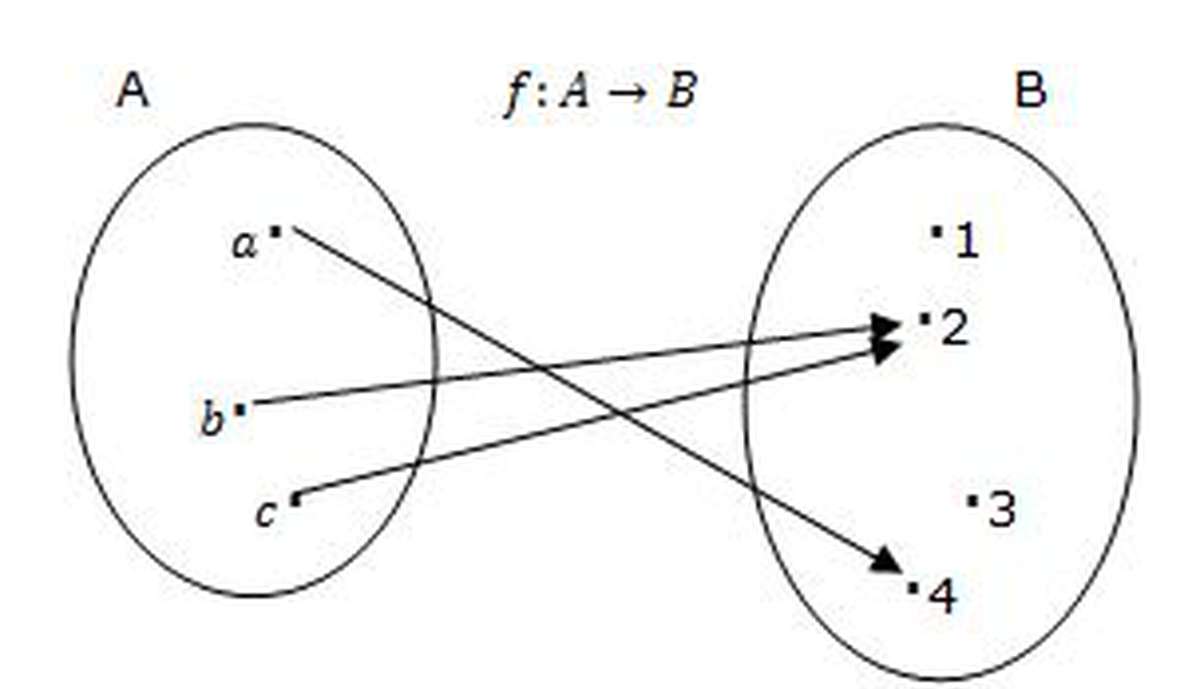
What will happen if we selectively use some parts of cultural criteria and plan a city with certain errors that we provide at the beginning? If we purposely avoid certain cultural influences and introduce others that exist parallel, alternately in zones or denying each other, we create a system of errors that are on a level that excludes the necessity of future iterations. We are not pursuing perfect, we are not optimizing product, we are optimizing errors.
Fatal error: you need to restart your system
Fatal error: you need to restart your system

Architecture of cities has always been a reflection of culture in which it developed. Various influences such as politics, economics, ideology, religion and ethics have been creators of city forms over the time. Every architect has been trying to incorporate all of these influences in one coherent structure, in a way that will satisfy all of its consumers. Basically, it was a pursuit towards perfect, but in fact was an optimization with certain criteria Problems occur when criteria for optimal are not well defined, due to various interests between individuals and over time. Different optimizations of urban models that were aiming to satisfy all predictable problems generated different unpredictable issues. This is a consequence of different cultural influences that planer incorporates in methodology of projecting as a part of own experience but also subconsciousness. Cities that were created by criteria of one culture were producing effects that became problematic in the same culture.
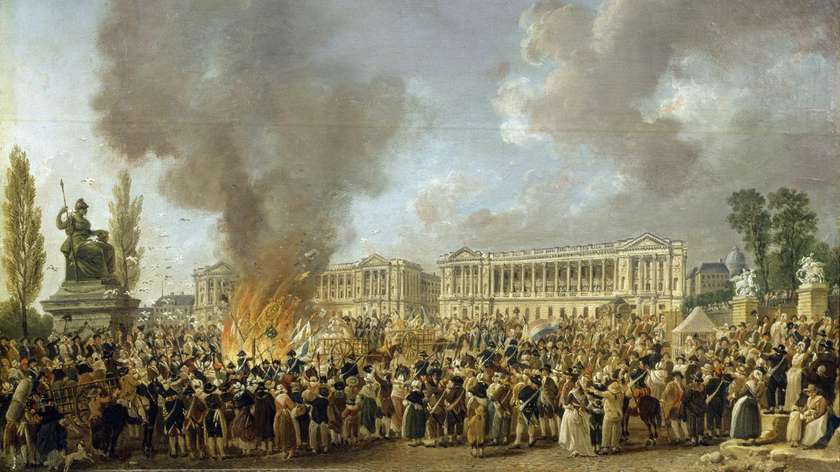
A good example is the difference between European and oriental city matrix in creating public spaces. European model based on humanist culture, which was trying to create space that will enable mass gathering of people and therefore exchange of ideas led to unpredictable "errors" in certain points of time, which we now know as revolutions.
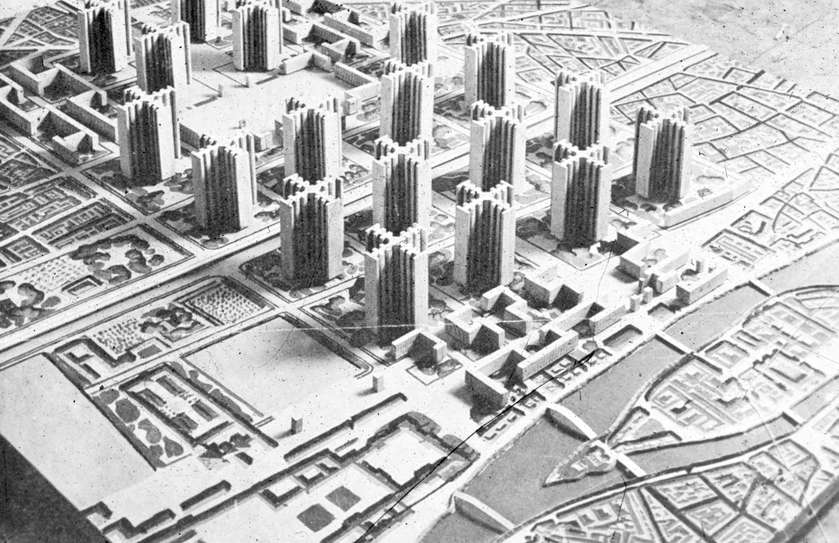
Similar premise was introduced by Le Corbusier: 'Architecture or revolution'. Idea was to create a concept that was beyond any national culture, but was based on needs of individuals. This was suppose to be a solution for social disturbances between the wars, but eventually led to World War II. It was not obvious at the time that this idea was also an optimization, but with cultural influences no longer being a criteria.
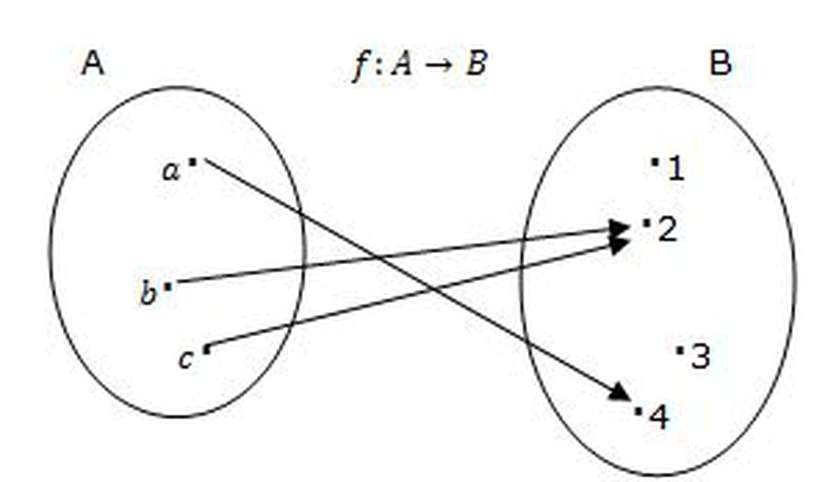
What will happen if we selectively use some parts of cultural criteria and plan a city with certain errors that we provide at the beginning? If we purposely avoid certain cultural influences and introduce others that exist parallel, alternately in zones or denying each other, we create a system of errors that are on a level that excludes the necessity of future iterations. We are not pursuing perfect, we are not optimizing product, we are optimizing errors.